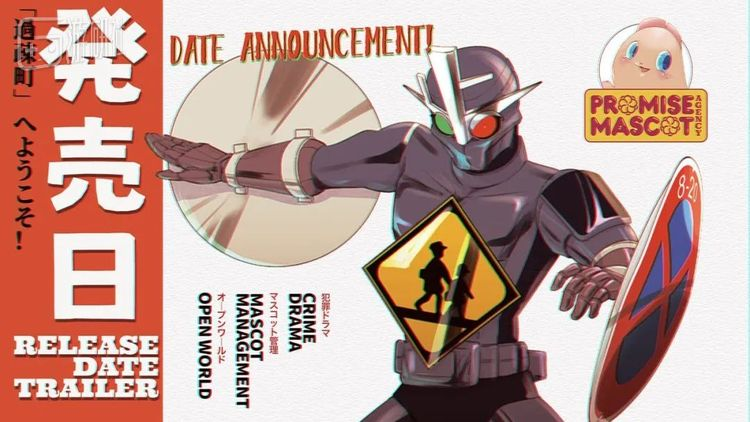
1. Aesthetic Triumph in Cultural Displacement: A British Take on the Showa Fantasy
At first glance, Promise Mascot Agency presents a striking cultural contrast: the protagonist is a gang member, yet he spends his time wielding a broom and driving a dilapidated truck with his pink-tongued assistant, Pinky, navigating a small town. His companions are not human but 20 absurdly adorable "good fortune" deities.Although the art style and soundtrack evoke strong nostalgic Showa-era vibes, the development team, KaizenGameWorks, is an independent UK studio. The game quickly taps into collective memories using collage-like elements from subcultures, such as yellowed posters, vintage vending machines, and jazz bars. The use of rough 3D modeling, low-fidelity filters simulating 70s VHS tape noise and color fading, all together create a distinct nostalgic aesthetic.
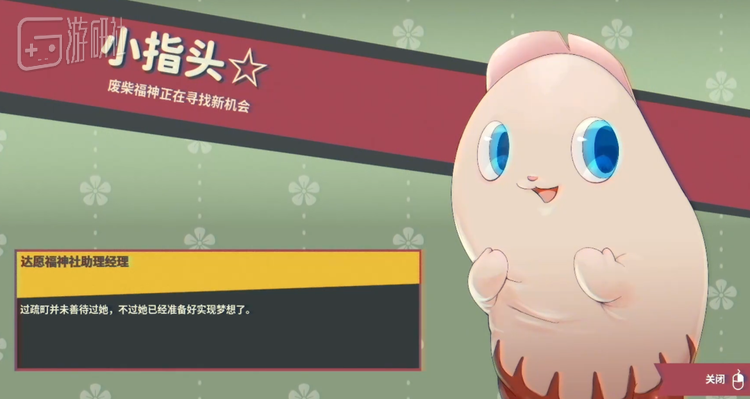
2. Overcoming the "Cookie-Cutter" Problem: Clever Design Fuels Ongoing Exploration
The core gameplay loop of Promise Mascot Agency—“dispatching fortune gods to work, earning money to invest, and upgrading business”—may initially seem formulaic, resembling other open-world titles. However, KaizenGameWorks has injected a sense of freshness and kept players engaged with clever design choices that make the game feel consistently new.The game's unique aesthetic style itself provides the first barrier against repetition, keeping players intrigued by the "rough" world as they explore. The ongoing surprises come from evolving gameplay mechanics that gradually unlock as players progress:
Additionally, its “growth interface” design adds new features to the menu as the game progresses, rather than locking them in advance.
- Subcontractor System: Expands business across counties, introducing new revenue streams.
- Claw Machine and Merchandising: Distributes products according to regional preferences, adding a layer of strategy.
- Truck Upgrades: Adds features like glider wings and nitro boosts, enhancing the freedom of exploration.
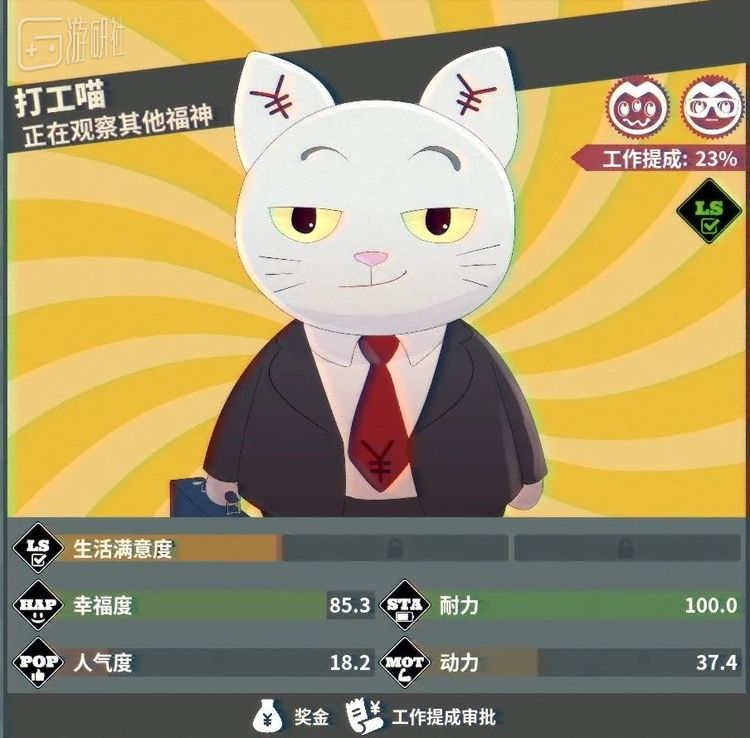
3. Character Narratives: The Precision of Subculture References and Emotional Bonds
While gameplay mechanisms provide the skeleton, characters like Pinky breathe life and humor into the game, becoming the emotional heart of the player experience. These characters are deeply rooted in the Japanese subculture of "gross yet cute" design:These lively characters form an emotional bond with the players, increasing tolerance for gameplay repetition and becoming a key source of the game's unique charm.
- Pinky: Derived from the Yakuza "finger-cutting apology" culture, combining expressive faces and sharp wit.
- To-Fu: A character based on the Japanese internet slang "tofu mental" (fragile heart), creating an image of self-doubt.
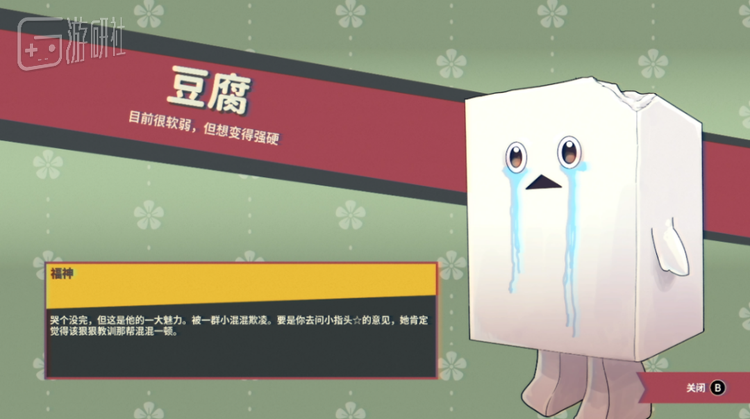
4. Bridging Cultural Gaps: Localization
The success of Promise Mascot Agency highlights the core challenge of cross-cultural product localization: how to accurately and vividly convey its essence to players from different cultural backgrounds without losing its unique flavor, especially when the original work is an abstract fusion of English and Japanese culture. The Chinese localization offers an excellent example of how this can be achieved:
Creative Transformation of Cultural References
Faced with Japanese-specific puns (e.g., "豆腐メンタル"), the Chinese version translates it as "glass heart" while adding character-specific lines, maintaining the core concept and humor. Regional humor from the Kyushu dialect is conveyed through voice acting with subtitle explanations. For Showa-era slang (e.g., billboard slogans), the team avoided direct translation and instead substituted popular Chinese 1980s phrases, evoking nostalgic memories among the target audience.
Dynamic Visual Adaptation
Localization goes beyond translation. During the English localization, the team invited British comic artists to redraw all store signs, ensuring the fonts matched the game's Showa aesthetic. For the Chinese version, the UI font was finely tuned to preserve a retro feel while ensuring clarity and readability.
Metaphoric Replacement of Sensitive Content
The game’s most challenging mission, "adult video promotion," was creatively reinterpreted in Chinese as "restoring blurred murals." The task’s description subtly hints at the original concept, sidestepping compliance risks while maintaining the dark humor embedded in the fortune gods' personalities.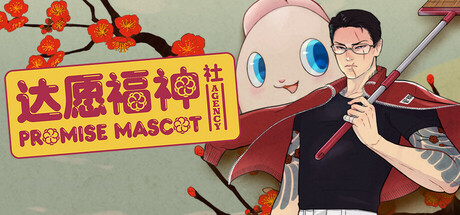
Conclusion
The success of Promise Mascot Agency provides key insights for companies seeking to expand their games internationally: excellent localization is the bridge that crosses cultural gaps. It is not merely about word-for-word translation; it is about accurately decoding the original cultural context and creatively reconstructing it for the target language environment. When cross-cultural players understand and appreciate the unique designs of a game and smile knowingly, it is a direct reflection of the localization team's success in dismantling cultural barriers and achieving effective communication.Source: https://www.yystv.cn/p/13035
Image Source: 游研社/Steam
Copyright Notice: This article is reproduced from 游研社. The site does not own all rights and does not bear related legal responsibilities. The article reflects the author's views and does not represent the official position of Glodom. The content is for reference and learning purposes. If there is any infringement, please contact info@glodomtec.com for removal.


